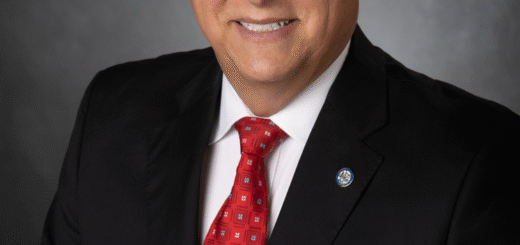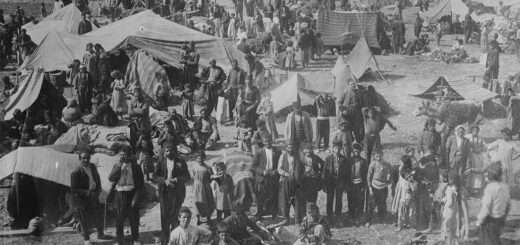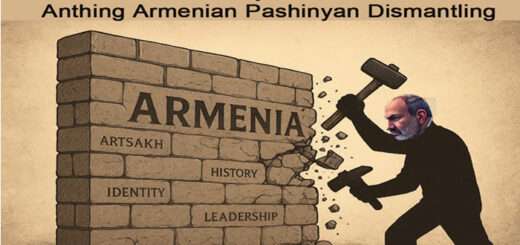Istanbul Patriarch: Turkish-Armenian community supports normalization with Armenia

The Armenian and Turkish governments have been engaged in negotiations aimed at normalizing relations, establishing diplomatic ties, and opening the land border, which has been closed by Türkiye since the early 1990s.
“Our community supports the process of normalizing Armenian-Turkish relations. We want these relations to become closer. This should also ease the burden placed on our shoulders. Over the past 100 years, Armenian-Turkish relations have been so strained that here, the word ‘Armenian’ is practically considered an insult. And in Armenia, the word ‘Turk’ has the same connotation. Therefore, if these relations improve, the heaviest burden will be lifted from our shoulders. We need to be able to breathe in a more friendly atmosphere,” Sahák II said.
He emphasized that they closely follow the official meetings between Armenian and Turkish authorities, adding, “We receive good news from these meetings.” He highlighted the plans for building roads between the two countries, restoring the historic Ani Bridge on the border, and the Turkish Airlines entry to the Armenian market.
“All of this is underway. We, as short-lived beings, want to see things happen quickly — but the lives of nations and states are long, and progress is slower. When we look at Armenian-Turkish relations, we have many reasons to be optimistic,” he said.
Speaking about the Turkish government’s stance toward the Armenian community, the Patriarch noted a significantly positive attitude by the current authorities.
“Under the current leadership, we have regained ownership of our properties, we enjoy freedoms, and today we are able to renovate our institutions and churches. There was a time when we needed permission just to hammer a nail. Now, everything is much easier. The president [Erdoghan] and ministers visit us, we are invited to various events, and we have a place in official state ceremonies,” said Sahák II Mashalián, stressing that the community’s voice is now heard more than before.
However, he acknowledged that there are still serious challenges, particularly the demographic crisis facing the Armenian community in Türkiye. According to him, there are three deaths per newborn in the community.
“If today we are 35,000–40,000, in 25 years we will be down to 10,000–15,000. Our community’s institutions were built for 125,000 people. We have 50 churches in this city — 33 Apostolic, 12 Catholic, and 4 Protestant. But we can no longer fill them. Once, we had 50 Armenian schools; now only 17 remain,” the Patriarch said.
He pointed out that a similar decline is visible in once Armenian-populated neighborhoods of Istanbul. For example, in the Kumkapı district — home to the Patriarchate and the Cathedral of the Holy Mother of God — around 40,000 Armenians lived a century ago.
“Today, fewer than 40 Armenians live in Kumkapı. So, in this city of nearly 20 million people, the demographic issue has become one of our biggest challenges. Added to this is the emigration trend among young people,” said Sahak II.
Addressing the preservation of the Armenian language within the community, Patriarch Sahák II Mashalián expressed concern that maintaining the mother tongue is becoming increasingly difficult, both in Türkiye and across other diaspora communities.
“Even though many families send their children to Armenian schools, the language is rarely used outside of school. Losing the language leads to cultural assimilation because everything about a culture is preserved within its language. If you don’t know the language, you can’t fully engage with the culture. These are the conditions in which we are trying to survive,” he said.
According to him, around 3,000 students are enrolled in the community’s Armenian schools across Istanbul.
“The schools are doing a good job. They help students stay connected and side by side. Through them, we pass down our literary, linguistic, and cultural heritage. With the resources we have, we are one of the most vibrant communities in the diaspora. Our prayer is that what we have preserved for over 600 years around the Church, we can continue to preserve in the same way,” emphasized Patriarch Sahák II Mashalián.





